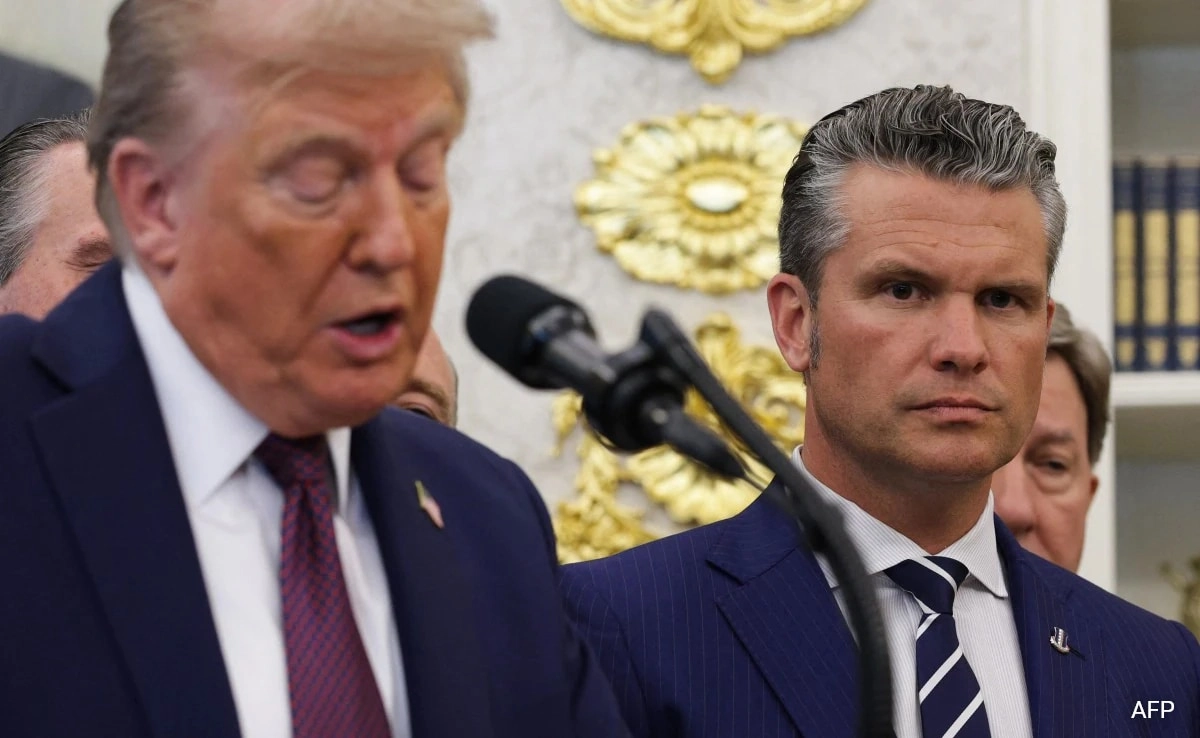In a significant geopolitical development, Russia has officially approved a move to withdraw from a landmark plutonium disposal agreement with the United States. This decision marks a pivotal shift in the bilateral relations between the two nations, which have been strained in recent years due to various conflicts, including ongoing tensions surrounding Ukraine and differing stances on international security issues. The agreement, originally signed in 2000, aimed to promote nuclear disarmament and ensure that surplus weapons-grade plutonium would be eliminated in a safe and secure manner. The withdrawal raises concerns about the potential for increased nuclear proliferation and the implications for global security.
The Russian government has cited a range of reasons for its decision to withdraw from the plutonium deal. Among these is the assertion that the United States has not upheld its commitments under the agreement, particularly in terms of fulfilling obligations related to the disposal of plutonium. Furthermore, Russia has expressed concerns over NATO’s military expansion and the perceived threat posed by Western nations. This development underscores the growing rift between Russia and the West, as both sides continue to engage in a war of words and actions that reflect deep-seated mistrust.
The implications of Russia’s withdrawal from the plutonium agreement extend beyond bilateral relations, affecting the broader landscape of nuclear non-proliferation efforts. Experts warn that this move could potentially embolden other nations with nuclear capabilities, undermining years of progress made towards arms reduction and disarmament. In an era where global security is increasingly precarious, the dismantling of such agreements raises alarms about the possibility of a renewed arms race. As nations grapple with these challenges, the international community must seek new avenues for dialogue and cooperation to address the pressing issues surrounding nuclear weapons and their proliferation.
In light of these developments, it is crucial for both Russia and the United States to reconsider their positions and engage in constructive dialogue. The stakes are high, and the potential consequences of escalating tensions could have far-reaching effects on global stability. As the world watches this situation unfold, the hope remains that diplomatic efforts can prevail to salvage the spirit of cooperation that once characterized nuclear disarmament initiatives. The path forward will require a commitment to transparency, trust-building measures, and a shared dedication to ensuring a safer world free from the threat of nuclear conflict.




